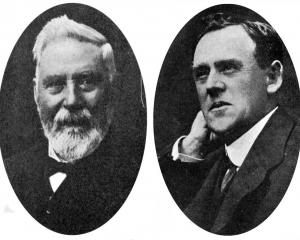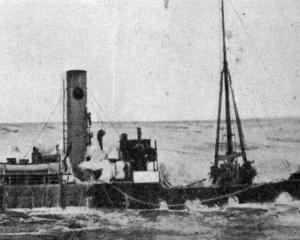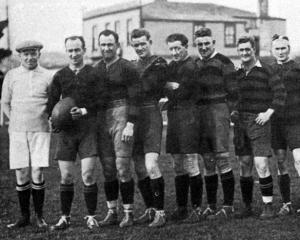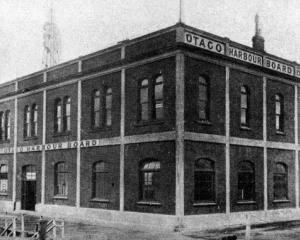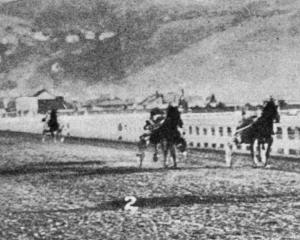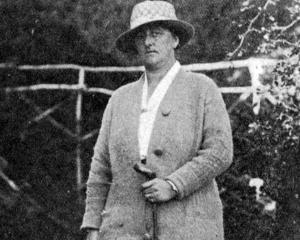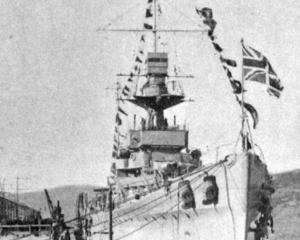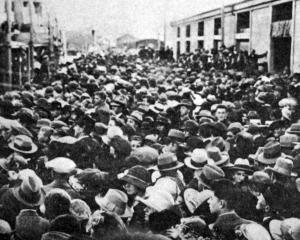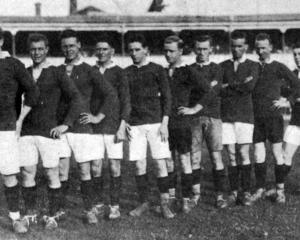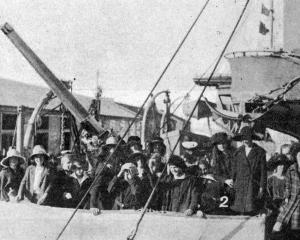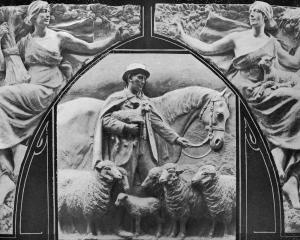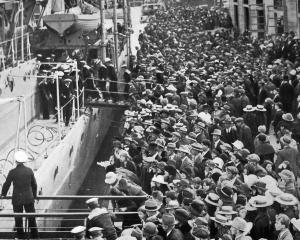
This was the view expressed on Thursday by the head of one of the oldest established firms in the city. In support of the assertion he stated that he has the greatest difficulty in filling vacancies. To a recent advertisement for a male clerk he had received only four replies.
From further inquiries it appeared that the practice of employers had been to reinstate all returned men, but some of those whose places had been kept open refused to return to the office stool, preferring to go on to the land. The scarcity of efficient men clerks was commented upon by the insurance company officials.
In a number of cases it was stated, there was difficulty in getting even office boys. With the insurance people the trouble appeared to be that a man was of no use unless he had experience of the business.
Generally, the inferior women clerks were being dispensed with, but the clever business woman was too valuable an asset to lose, particularly as there was no men to fill her place. The head of one firm spoke somewhat chillingly of his experience of women in business. He declared that they had no initiative, and, in fact, that there was no such person as ‘‘the business woman.’’
The lady clerk, to his mind, was all right at the telephone switchboard, at the ledgers, or using a typewriter, but she had no idea of how to interview a client. She lacked versatility and was content to do drudgery, without the slightest ambition for better work. She could never take a man’s place, because she had no faculty for business.
Comprehensive directory published
The 1920 edition of Stone’s Directory for Otago and Southland, which has just come to hand is, as usual, up-to-date in every respect, and complete to the smallest detail. Like its predecessors, the new edition contains numerous additions and improvements, and the work as a whole will bear favourable comparison with any similar publication, wherever produced.
The names and addresses have been compiled with the utmost care, and other valuable information has been obtained from official sources, the whole having been brought down to the latest possible date.
Big budget set for bird control
The destruction of small birds is still an important item in the Ashburton County Council budget. During the past year the expenditure under this head showed a decrease, £348 being paid for birds’ heads as against £455 in 1918.
— ODT, 23.1.1920.
COPIES OF PICTURE AVAILABLE FROM ODT FRONT OFFICE, LOWER STUART ST, OR WWW.OTAGOIMAGES.CO.NZ

